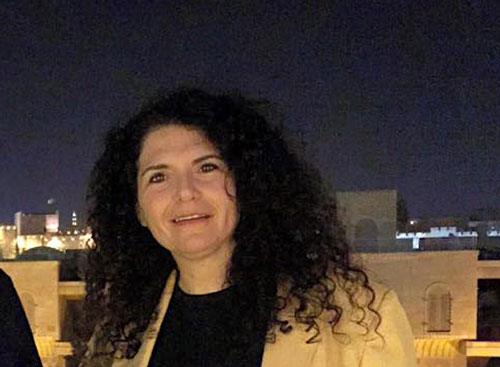Women of Cannabis: Dr. Sue Sisley

A new Freedom Leaf series profiles women in the world of cannabis advocacy and business.
Dr. Sue Sisley: Chief researcher on federal PTSD and marijuana study
By Chris Goldstein
When soldiers that served in Iraq and Afghanistan started turning to cannabis for relief from PTSD and as an alternative to addictive pain medications, few medical professionals took it seriously. Then a doctor in Arizona started to take a harder look. Dr. Sue Sisley was running a family medicine practice with her mother, Dr. Hanna Sisley, in downtown Phoenix. She also was teaching and performing research at the University of Arizona.
In 2014, after Sisley won approval from the National Institute for Drug Abuse to perform a clinical trial investigating the efficacy of marijuana for PTSD, she was suddenly released from the school. They claimed it had nothing to do with her research, but Sisley says the University was “fearful of the word ‘marijuana.’”
Undeterred, she continued working with the Multidisciplinary Association for Psychedelic Studies (MAPS), the University of Pennsylvania and the Department of Veterans Affairs National Center for PTSD. The project is funded, in part, by a grant from Colorado’s marijuana tax revenue. Sisley’s expected to begin administering federally supplied cannabis with various levels of THC and CBD to vets in Maryland and Arizona in 2016.
“Individuals with PTSD suffer decreased quality of life,” she explains “Anxiety increases along with depression. PTSD sufferers face an increased risk of poor health. Relationships suffer, divorce rates increase, success in school fades and many become unemployed. At this moment over 100,000 veterans—many with PTSD—are homeless.»
Sisley says there is no pharmaceutical drug that effectively treats PTSD: “The current use of SSRI-type anti-depressants and anti-anxiety medications, the mainstay of treatment, are of limited value for many patients. Often, these medications don’t work well, or the side effects—obesity, grogginess, decreased sexual function—cause many patients to discontinue therapy. An additional pharmacological agent to treat PTSD could be very beneficial for many patients.”
While she’s gained national notoriety for her work on medical cannabis, Sisley is well recognized in her home state of Arizona. She maintains her medical practice with a focus on Internal Medicine and Psychiatry..
Speaking on a panel at Seattle Hempfest this year Dr. Sisley was looking forward to getting her cannabis/PTSD study underway. But she also wanted the federal government to be more accommodating to further research.
“The fact is the hypocrisy of NIDA,” Sisley noted. “They refuse to submit their drug master file to the public. So we’re buying marijuana from them in the next few months, but the only information we get about this study drug is what is the ratio of THC to CBD. We won’t know anything else about the environment it’s grown in, the various other cannabinoids, the terpene profiles. There’s no transparency with the public, yet they accept millions and millions of taxpayer dollars.”



